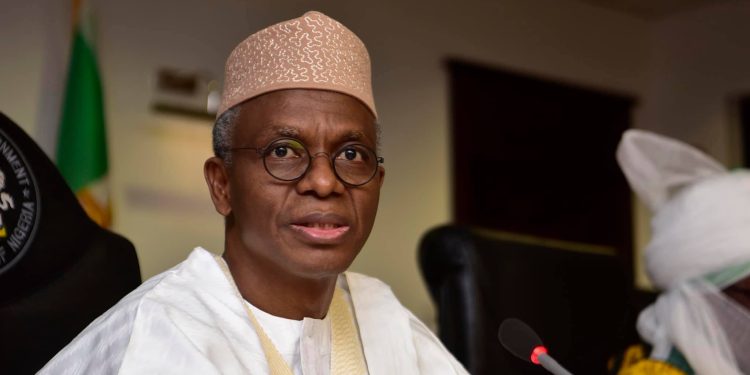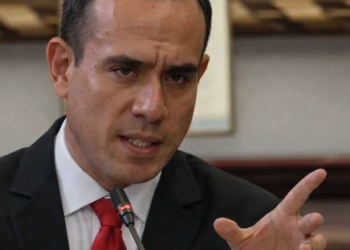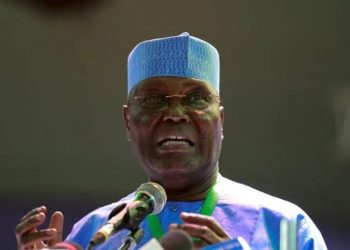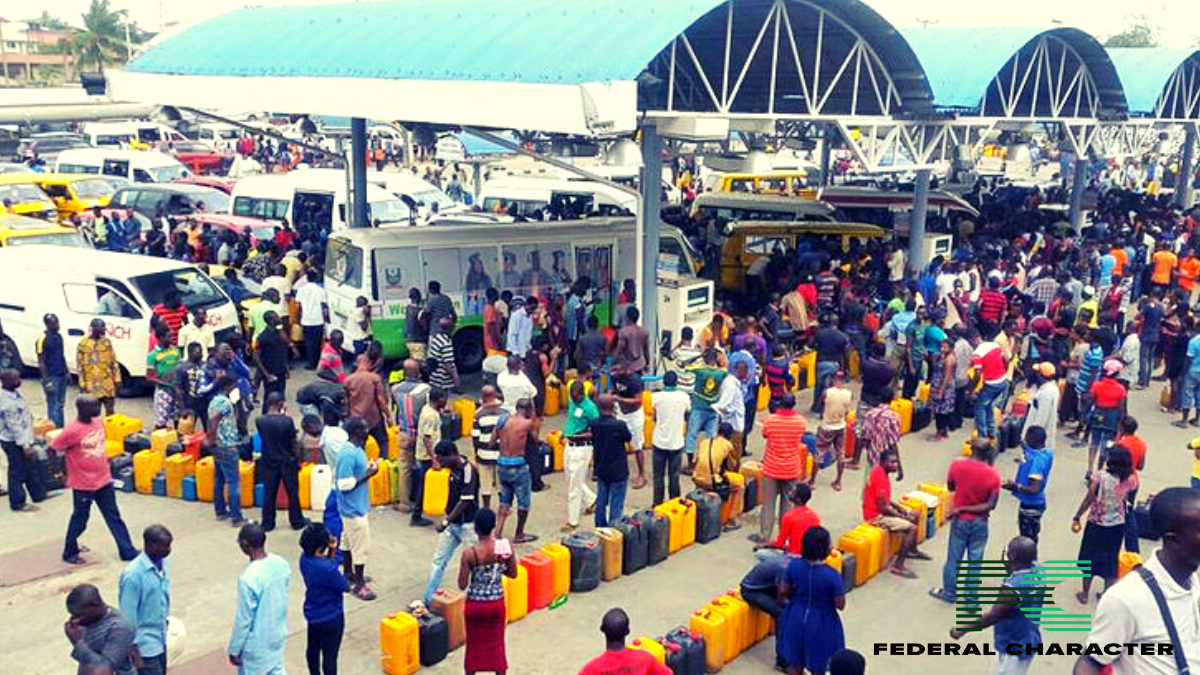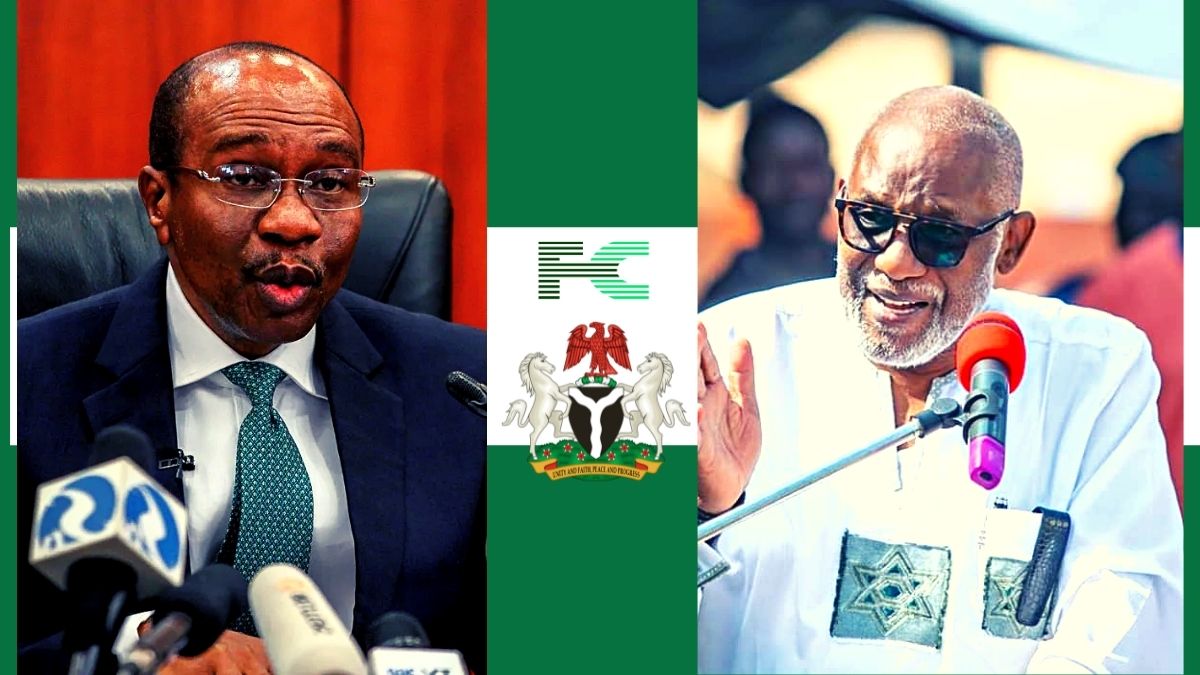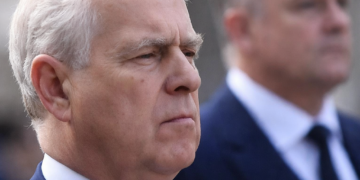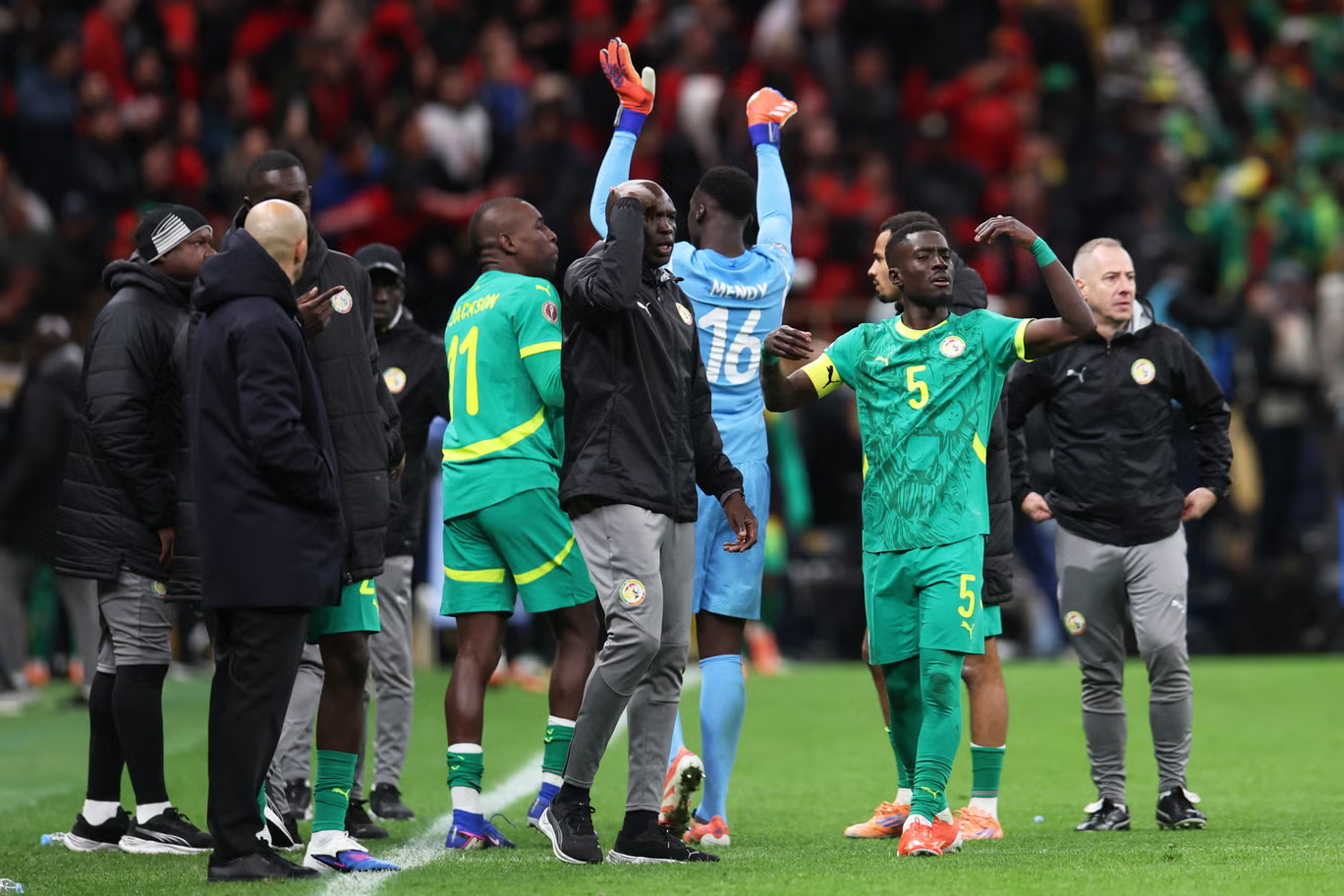Kaduna has always been a fragile state, a place where the line between politics and bloodshed is dangerously thin. That is why the latest accusations against former Governor Nasir El-Rufai are not just another round of political name-calling, they are a warning. A warning that one man’s ego may once again drag a volatile state into chaos.
El-Rufai’s politics of provocation
According to the Kaduna State Government, El-Rufai is not just sulking over electoral defeat — he is deliberately stoking tension. They accuse him of organizing illegal political meetings that descended into gunfire, of spreading lies about government “bribing bandits,” and of trying to discredit security gains that cost soldiers their lives.
This is classic El-Rufai politics: loud, dramatic, and dangerous. During his eight years in power, Kaduna was more often in the headlines for bloodshed than for development. Now that he is out of office, it seems he cannot stand to see his successor, Uba Sani, enjoy relative calm and acceptance.
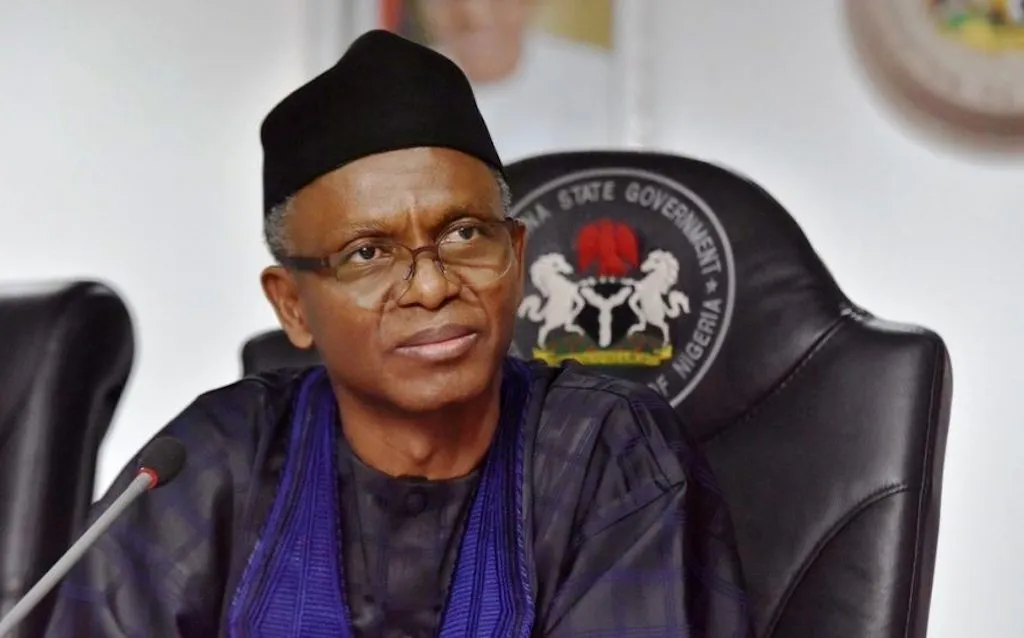
So the question must be asked plainly: is El-Rufai trying to burn Kaduna to prove a point, that without him, the state cannot function?
A legacy of division that still haunts Kaduna
Nobody can deny El-Rufai’s record. Yes, he built roads, yes, he introduced reforms. But his legacy is also one of division. Communities still remember how he governed with threats, how he talked down to critics, how his words often lit fires instead of calming them.
Contrast that with Uba Sani, who, whether you like his politics or not — has tried to use dialogue and inclusion. The government claims bandits have been neutralized, notorious warlords eliminated, schools improved, hospitals upgraded. For once, Kaduna residents are beginning to breathe.
But if El-Rufai continues to play spoiler, all of that could unravel. Because in Kaduna, words are not just words, they can spark violence overnight.
Why the bandit narrative matters
El-Rufai has accused the federal and state governments of “paying bandits.” On the surface, it looks like just another hot take from a politician who loves the camera. But in reality, it is poison. Because if citizens start believing that government pays criminals to kill them, then trust collapses. And once trust collapses, communities stop cooperating with security agencies.
This is why the Kaduna State Government is furious. It is not just about defending its record. It is about preventing panic and protecting fragile peace.
But here is the twist: El-Rufai knows this. He knows his words carry weight. Which means his choice to say them is not accidental, it is deliberate.
Is this about 2027?
Let’s not pretend. El-Rufai is not just throwing tantrums. He is positioning himself for 2027. He wants to remain relevant. He wants to be seen as the loudest northern voice willing to challenge Tinubu and the APC establishment.
But here is the dangerous part: in Nigeria, politicians often use chaos as currency. Stirring insecurity, amplifying fear, and discrediting rivals are tools of the trade. The tragedy is that ordinary citizens pay the price in blood.
So when El-Rufai plays this game, it is not Tinubu or Uba Sani who will suffer first. It is the people of Kaduna.
Kaduna cannot afford El-Rufai’s shadow wars
Whether one likes Uba Sani or not, the state deserves a chance at peace. For too long, Kaduna has been used as a chessboard by politicians chasing bigger ambitions. Enough is enough.
If El-Rufai has grievances, let him take them to court, to his party, or to the ballot box. What Kaduna does not need is another round of incitement disguised as political commentary.
Because the truth is harsh: if Kaduna burns again, history will not blame “the government.” History will remember El-Rufai as the man who could not let go, the man who would rather see ashes than see someone else succeed.

